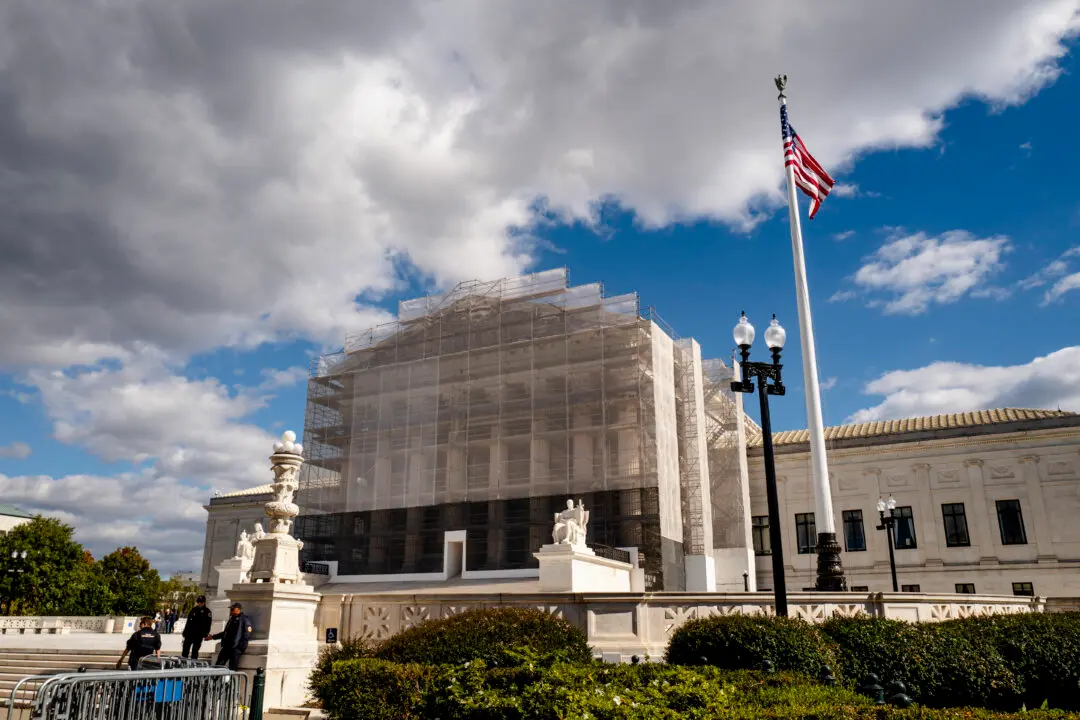This essay addresses one of the most persistent criticisms of the Constitution: that it was adopted to protect, or least accommodate, slavery. As explained below, that criticism is historically false.
The Critics’ Deceptive Statistic
The critics point out that perhaps 25 of the Constitution’s 55 framers (drafters) were slaveholders.But this statistic is deceptive. One reason it’s deceptive is that it omits a countervailing factor: The Constitutional Convention also included influential opponents of slavery. John Dickinson inherited bondsmen but freed them all. Benjamin Franklin, James Wilson, and Gouverneur Morris, among others, were abolitionists. And even among the minority who held slaves, some, such as James Madison, favored gradual emancipation.





